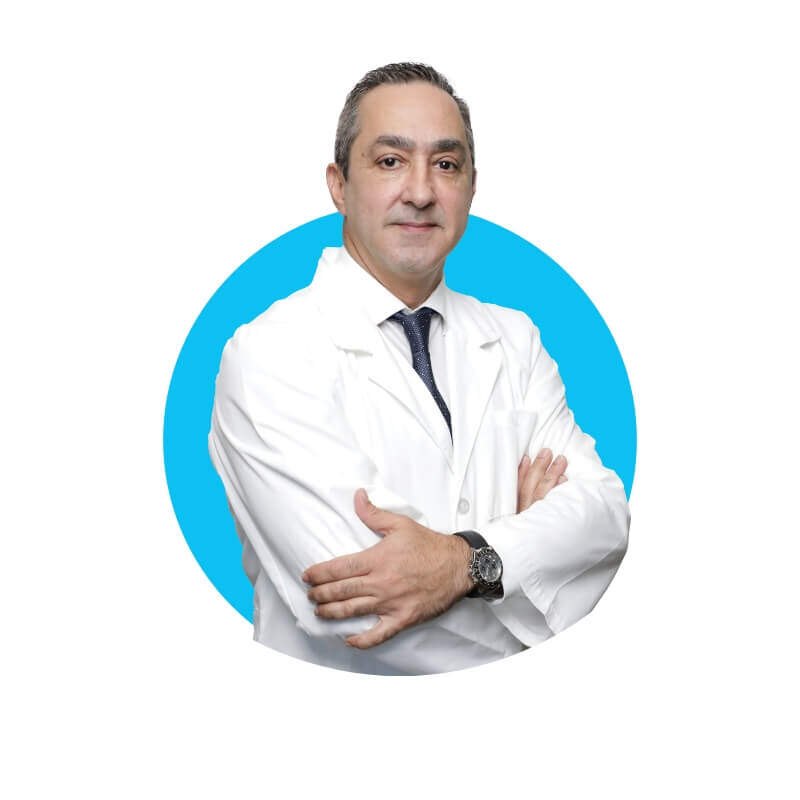Renal Test (Kidney Test) In Dubai, Abu Dhabi, And Al Ain
Overview
The kidneys play a vital role in the body, filtering waste substances from the blood and regulating the body’s fluid balance.
Different illnesses and diseases may cause kidney dysfunction; diabetes and hypertension are the most common causes of renal disease and significant risk factors.
If the kidneys aren’t working correctly, waste materials build up in the blood, and fluid levels can rise to toxic rates, causing damage to the body or a potentially life-threatening condition.
Renal function tests (RFT) are a group of tests that help assess kidney (renal) function. Renal tests measure levels of numerous components in the blood, including minerals, electrolytes, proteins, and glucose (blood sugar).
What are the types of renal tests?
- Glomerular filtration rate (GFR)
The GFR measures your kidneys’ capacity to reduce waste, toxicants, and excess fluid from your blood. Your GFR is calculated based on your serum creatinine level, age, and gender. Your kidneys are most likely not functioning properly if your GFR is low.
- Serum creatinine
This test detects the concentration of creatinine in the blood. If you have a kidney problem, your serum creatinine level will rise. Normal serum creatinine levels can vary depending on your gender, age, and the amount of muscle mass in your body.
A creatinine level greater than 1.2 for women and 1.4 for males may indicate a kidney problem. If your serum creatinine test results are abnormally high, your doctor may order additional testing.
- Urine albumin-to-creatinine ratio (UACR)
This test shows the ratio of albumin in your urine to the percentage of creatinine (a waste product produced by the body’s regular wear and tear of muscles). A UACR test tells your doctor how much albumin goes through your urine in 24 hours. A urine albumin level of 30 or above could indicate renal damage.
- Blood urea nitrogen (BUN)
This test examines the urea nitrogen concentration in your blood, which is produced when protein is digested in the body. Healthy kidneys remove urea nitrogen from the blood, which then exits the body via urine. This mechanism helps in maintaining an average BUN level.
The normal range for urea nitrogen depends on your age and any other health conditions you may have but is typically between 7 and 20. If your levels are greater than average, this may indicate that your kidneys are not fully functioning.
When should I get a renal test?
A renal test is most commonly performed as a diagnostic test when you have signs that a kidney disease could trigger. Symptoms that can be linked to kidney disease or dysfunction include:
- Changes in the frequency, quantity, or appearance of your urine
- Swelling in your arms, hands, legs, and face for no apparent reason.
- Itching.
- Concentration difficulties.
- Appetite swings.
- Breathing problems.
- Vomiting or nausea.
- Fatigue.
- Muscle soreness or cramps.
How to prepare for a renal test?
Our medical team will inform you of preparatory measures depending on your test type. For example, you may be instructed to drink more water or be given intravenous (IV) fluids, and in some cases, a diuretic may be prescribed to help you produce more urine.
The bladder may need to be kept empty throughout the scan in some situations, necessitating the placement of a catheter. You may be required to go to the restroom and empty your bladder before your test is performed. The doctor may also instruct you to stop taking certain medications before your examination.
Schedule your appointment at Novomed today
If you have symptoms of a kidney problem, make an appointment for a renal test today by calling toll-free 8006686 or clicking the live chat icon at the bottom of the screen.





